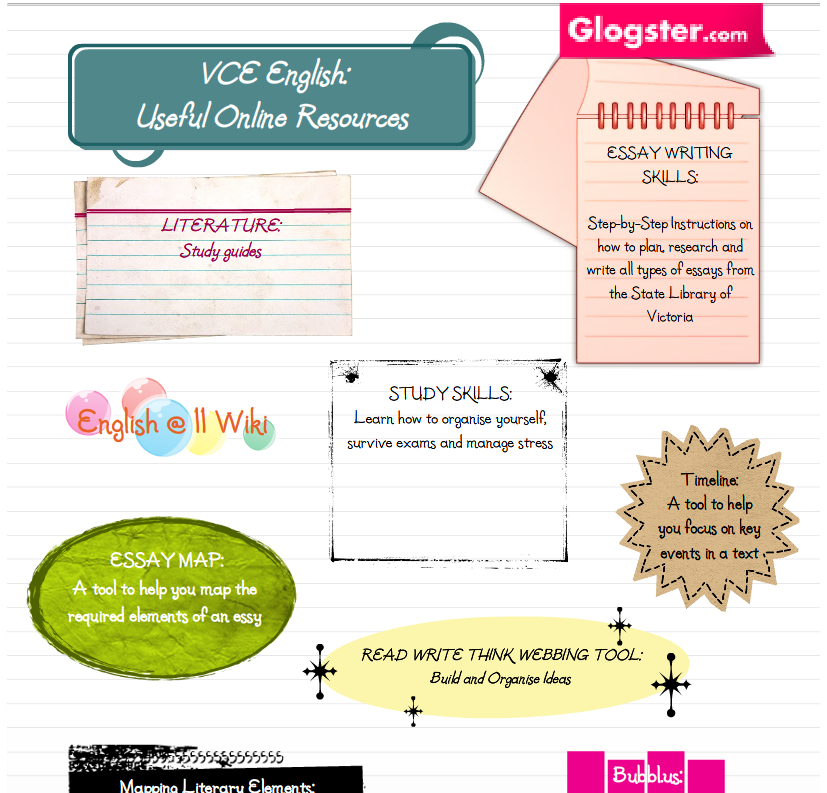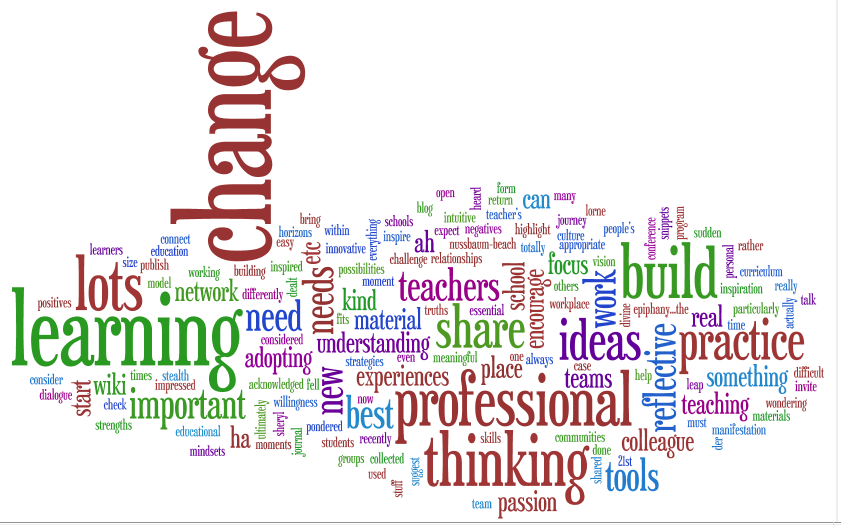This meme represents my first official ‘tagging’ and I have to admit I’ve enjoyed every aspect of it, particularly reading about others in my PLN. Thanks to Anne and Ali Hall for tagging me
My 7 things:
My life has been without major drama or loss and I appreciate that I am one of the lucky ones. However, a story of loss from my mother’s childhood has always intrigued me … her father, Byron Gould, disappeared without a trace when she was 2. He was on a business trip to Sydney. My Grandmother looked for him for some time but there was never any trace of him anywhere. Mum knows very little about him except that he received cheques from America regularly and he always wore a safari suit. He was American and may have been Jewish. She thinks his father was a surgeon. According to an aunt he was devoted to my grandmother. I must admit I’ve always wondered if he had ‘another life’ somewhere in the United States and perhaps my mother has several elderly siblings…(Mum’s 78 and still going strong)
I’ve never been able to click my fingers and every time I reveal this to anyone they say, “It’s easy, you just click them together like this,” and they proceed to show me…as though it had never occurred to me before to actually try it like that. I repeat, “I can’t click my fingers!”
It always surprises people when I tell them my sister is a trained medium. They invariably say, “You don’t look the type.” I’m still not sure what ‘type’ you have to be to have a trained medium as a sister!
I’ve always suffered from insomnia. I get some of my best ideas at 2:00am in the morning. As a memory trigger for the next morning I throw things from my bedside table onto the floor. I once wrote a short play in the middle of the night.
I am a visual person who is greatly influenced by colours. I particularly love pink, blue and red. I organise my files by colour. (If it’s yellow you know I’m not that keen on the topic or contents!) When people are wearing different colours I always notice. It is so obvious that students have commented on it in the past. When I was going through my ‘pink’ phase my students described me as the teacher who wears something pink every day! (That’s when I tried to incorporate red…so now I’m in a red phase!)
I tend to be a very positive person although I wouldn’t necessarily call myself an optimist. I also tend to be lucky and often wonder if there is a connection. I have also suffered from depression so I understand both ends of the scale.
I am a middle child and believe this has made me a perpetual ‘peace maker’. I never take sides and always see other people’s point of view. I’ve come to realise that this can be both a good and a bad thing (What a surprise!). It also annoys a lot of people.
I think almost everyone in my PLN has been tagged already for this meme. However, I would like to tag Mari Hobkirk, Grace Kat, Heidi Pence and Inpi. (If you have already been tagged please pass it on!)




